Publications
Articles, publications, books, tools and multimedia features from the U.S. Institute of Peace provide the latest news, analysis, research findings, practitioner guides and reports, all related to the conflict zones and issues that are at the center of the Institute’s work to prevent and reduce violent conflict.
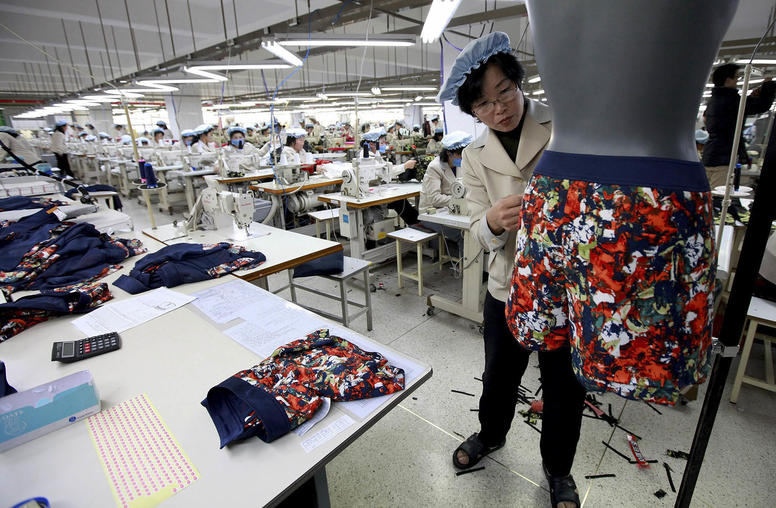
A Framework for Meaningful Economic Engagement with North Korea
North Korea has faced enormous challenges in providing health and food security for its population since its economic collapse and famine of the 1990s. A principal reason was prioritizing state security in the military-first policy under Kim Jong Il and later advancing nuclear and missile programs under Kim Jong Un. Self-reliance ideology was another important factor. In addition, the unresolved Korean War and underlying North Korean perceptions of U.S. and international hostility cast a cold shadow over diplomatic and economic cooperation.
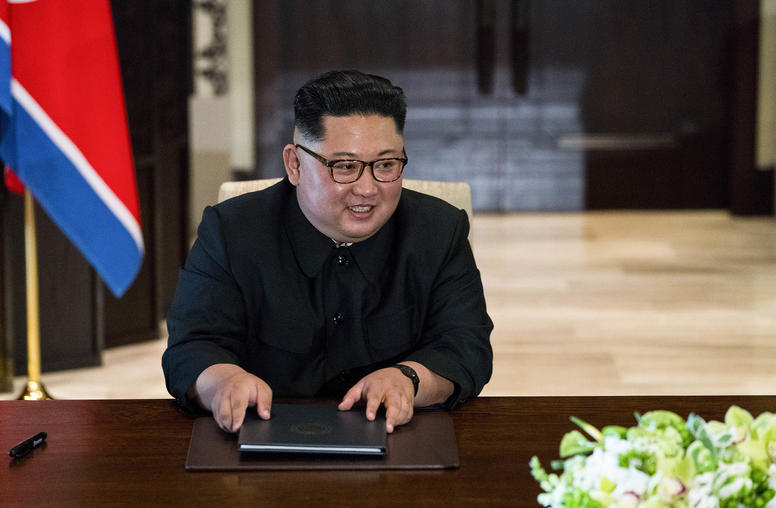
If You Want Peace, Prepare for War, and Diplomacy
At this Kim Dae-jung Peace Forum, it’s useful to recall seemingly paradoxical advice offered by a fourth-century Roman general: Si vis pacem, para bellum. “If you want peace, prepare for war.”
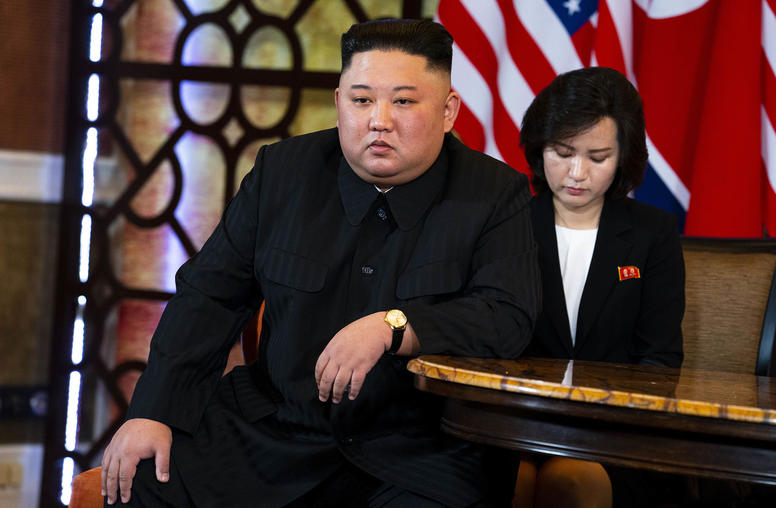
Climate Change as a Path to Engagement with North Korea
Since North Korea broke off talks with the United States after their 2019 meeting in Stockholm, progress in engaging Pyongyang on its nuclear weapons and other issues has stalled. The pandemic likely played a significant role in cooling engagement, but Pyongyang’s growing relationship with Russia has further reduced its incentives to engage with the United States.
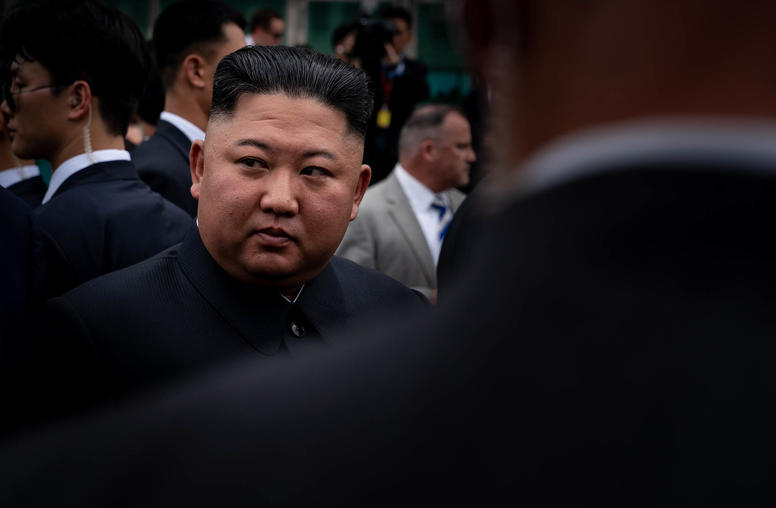
Seeking Peaceful Coexistence with North Korea: What Would Kennan Do?
The challenge that North Korea poses to the United States — as a hostile, intransigent and seemingly implacable power with nuclear weapons — is in many respects a microcosm of the challenge posed by the Soviet Union during the Cold War. How would George F. Kennan, who devised the strategy of containment for dealing with the Soviet Union, have advised Washington in confronting Pyongyang?
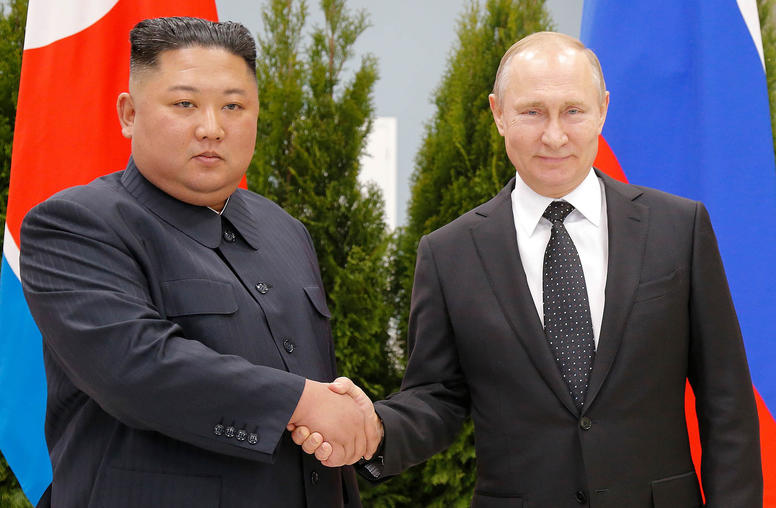
Why Calls for Regime Change in North Korea Can Be Counterproductive
Last September, North Korea’s supreme leader, Kim Jong Un, traveled through Russia’s Far East, where he met with Russian President Vladimir Putin to discuss munition sales in return for collaboration on space and other military technology. While Kim was outside of North Korea, Pyongyang test launched a ballistic missile in a move that is becoming quotidian. Although the test was one of dozens that have happened just in the past year, it was the first such test to occur while North Korea’s supreme leader was out of the country.
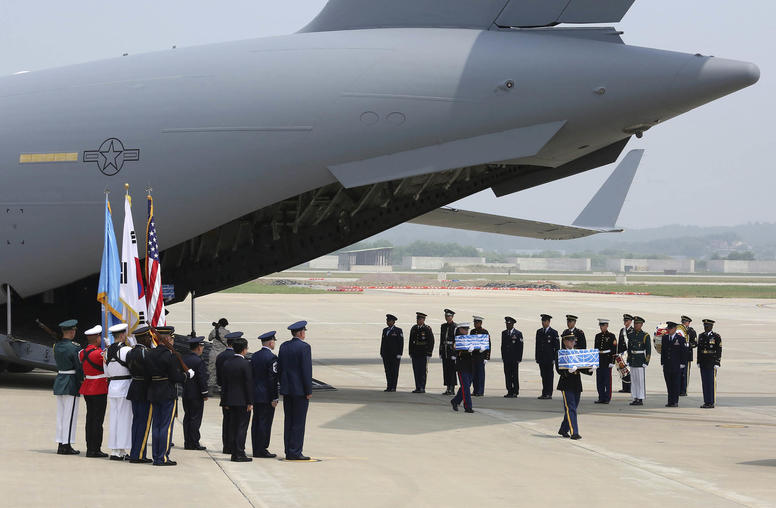
A New Approach to Recovering U.S. Servicemen’s Remains from North Korea
Seventy years after the end of the Korean War, there are still more than 7,000 U.S. servicemen who remain missing in action from that conflict. The remains of some 5,200 of these men are believed to be in North Korea. Unfortunately, poor diplomatic relations between the United States and North Korea have prevented the recovery of these remains. There is, therefore, a need for an alternative to the usual paradigm for conceiving, planning and implementing the recovery of U.S. war dead from North Korea. Usual practices might not carry the task, and ignoring the responsibility to bring our missing servicemen home should not be an option.
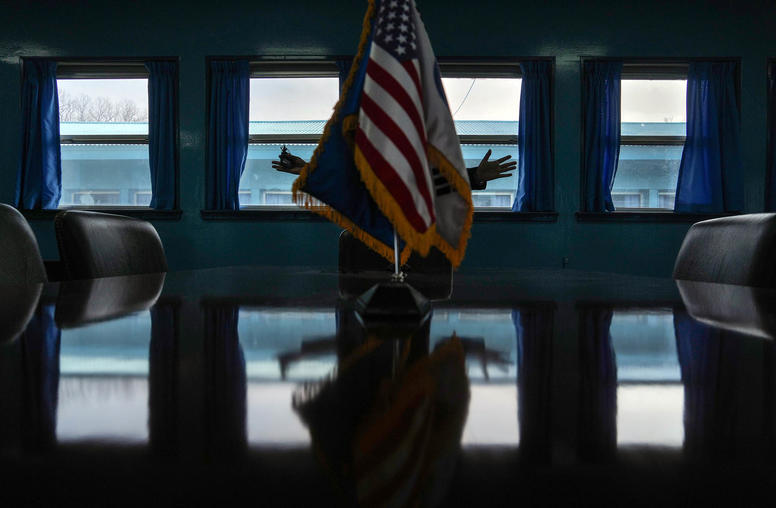
Revisiting the Two-State System for Peaceful Coexistence on the Korean Peninsula
The mounting tensions and risk of nuclear war that plague the Korean Peninsula today are typically attributed to a combination of North Korea’s aggressive nuclear posture and doctrine and the U.S.-South Korea alliance’s proactive deterrence countermeasures. However, while these factors are proximate and important, they themselves stem from a deeper, fundamental cause. The longstanding division of the Korean Peninsula has trapped the two Koreas in an endless unification competition to outcompete and take over one another, which drives the arms race and confrontational military postures against each other. Advancing a “two-state system” that mitigates the unification competition may help promote peaceful coexistence between South and North Korea and reduce the risks of conventional and nuclear war on the peninsula.
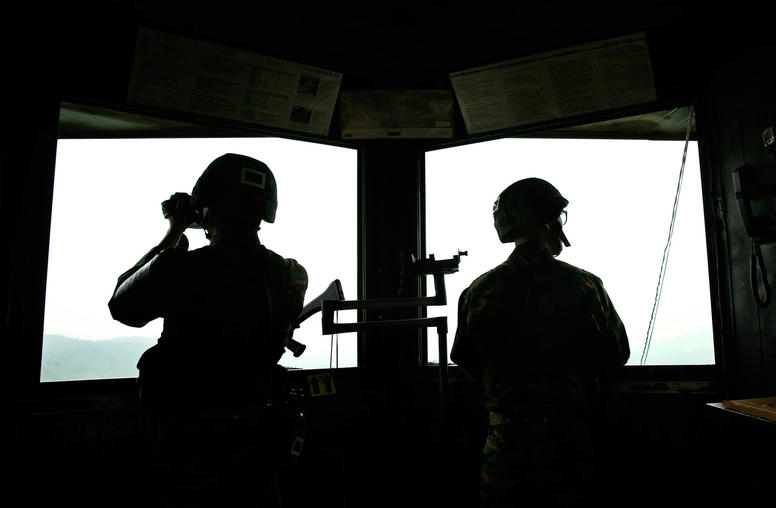
Increasing Stability in a Deterrence Relationship with North Korea
A Korean Peninsula free of nuclear weapons remains a critical U.S. national security interest, but it is now a long-term interest. Because there is little possibility of disarming the regime in Pyongyang at an acceptable cost in the foreseeable future, the United States-South Korea alliance needs a strategy to coexist peacefully with a nuclear-armed North Korea.
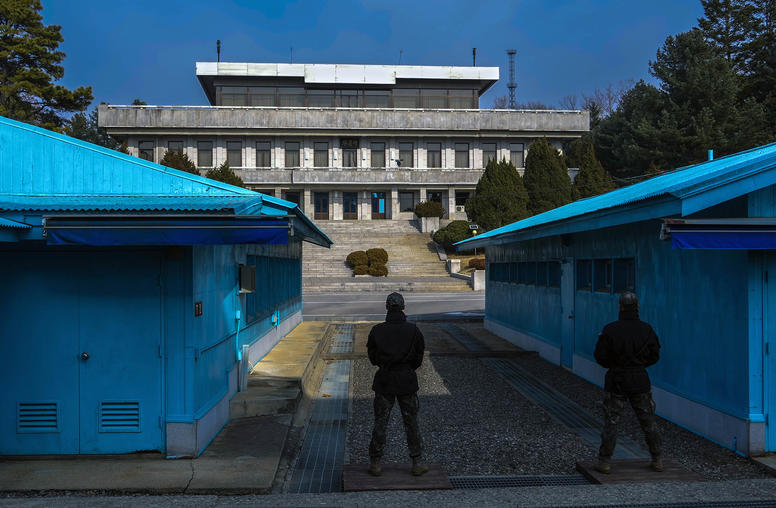
Exploring Peaceful Coexistence with North Korea
The United States and North Korea coexist today in an antagonistic, high-risk stalemate. The Kim Jong Un government, feeling besieged by a “hostile” U.S. policy and fearing the potential for regime change, has centered its national defense strategy on strengthening deterrence through nuclear weapons. Facing this intractable nuclear threat, the Biden administration has reinforced a coercive, pressure-based approach that relies on diplomatic isolation, military deterrence and economic sanctions to contain, if not change, North Korea’s defiant behavior.
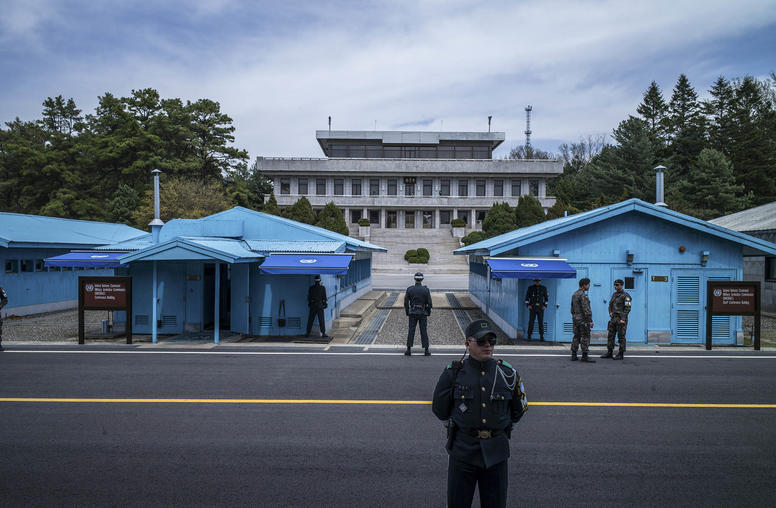
How to Reduce Nuclear Risks Between the United States and North Korea
Since the collapse of the unprecedented leader-level diplomatic process between the United States and North Korea in 2019, relations between the two sides have been at a standstill. In 2021, as the Biden administration entered office, North Korean leader Kim Jong Un set into motion a wide-ranging plan for the modernization of his nuclear forces. This modernization has helped render his nuclear deterrent more credible while accentuating the risks of nuclear conflict on the Korean Peninsula. It has further cemented North Korea’s lack of intent to relinquish its nuclear weapons, which it views as the essential cornerstone of its national defense strategy.